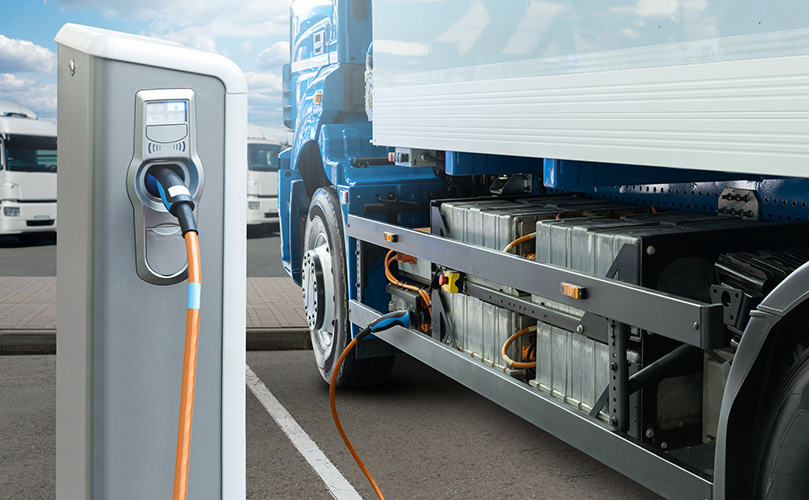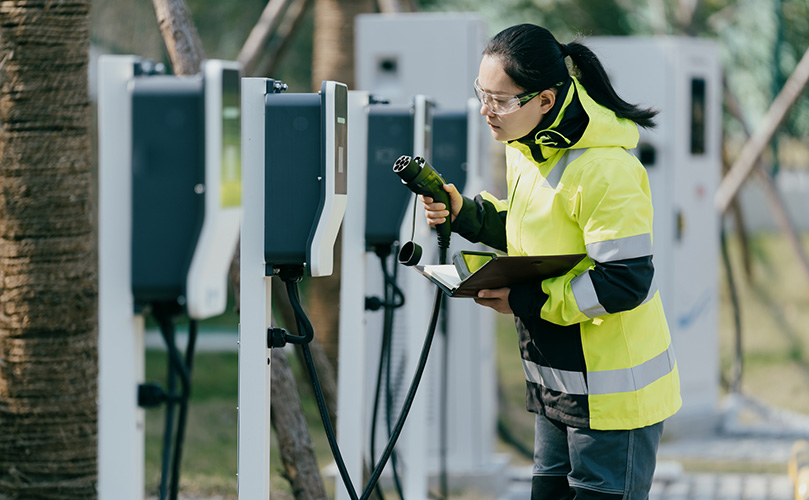EV-Shift
Promoting the diverse use of EVs in the circular economy
Contributing to build resilient cities and reduce GHG emissions by efficient introduction and operation of EVs and improvement of the value of battery distribution
The mobility/logistics market requires a transition to new commercial vehicle management and operations based on the characteristics of electric vehicles to achieve carbon neutrality. In addition, there is an urgent need for companies to respond to social issues such as environmental impact and labor shortage. Therefore, it is necessary to maintain the operation of local transportation as a social infrastructure and create resilient cities that can respond to disasters flexibly.
Fujitsu's EV-shift will support a circular economy through recycling-based design and manufacturing, reduce GHG emissions through the widespread use of EVs, maintain local transportation, and help build disaster-resistant cities. Stakeholders such as logistics, public transportation, local governments, and various equipment manufacturers are involved in this field, promoting the sustainable development of society.
Our approach to the solutions
Our related offerings
Software Defined Vehicle

EV Fleet Optimization






